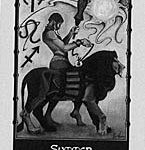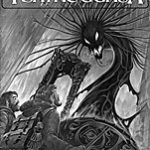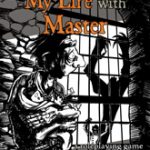first person
On Character Creation in Everway

Jonathan Tweet explains how, unlike highly narratively structured games such as The Call of Cthulhu, the free-form, character-focused Everway includes a matrix that allows for the creation of coherent characters and productively constrains the otherwise open-ended game-play.
On “The Haunted House”

Keith Herber discusses how in his "Haunted House" scenario for Call of Cthulhu, characters are driven insane by their attempt to unravel the game's mysteries. Herber's explanation distinguishes his work from many other role-playing games in which the goal is to develop characters and acquire power and/or wealth. In contrast, characters in Herber's scenario are rewarded with mental instability.
Limiting the Creative Agenda: Restrictive Assumptions In Chaosium’s Call of Cthulhu
David Alger responds to Herber by disagreeing with the latter's claim that narrative trumps game-play in the Cthulhu "Haunted House" scenario, stressing that even the most narratively driven games still must be playable in order to be games.
My Life with Master: The Architecture of Protagonism

Paul Czege explains that he aimed for My Life with Master to be an engine for story creation rather than just another variation on the traditional role-playing game system.
Privileging Language: The Text in Electronic Writing

Now that the First Person essay collection is complete and the case has been made for computer games as a form of narrative, Brian Kim Stefans asks the fundamental questions - concerning what can be read as literature, and what really cannot.